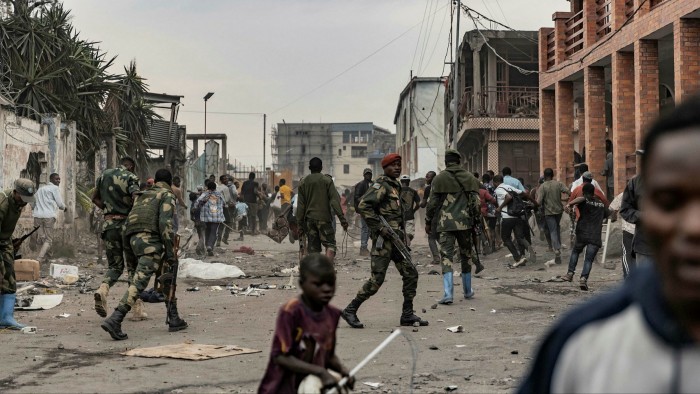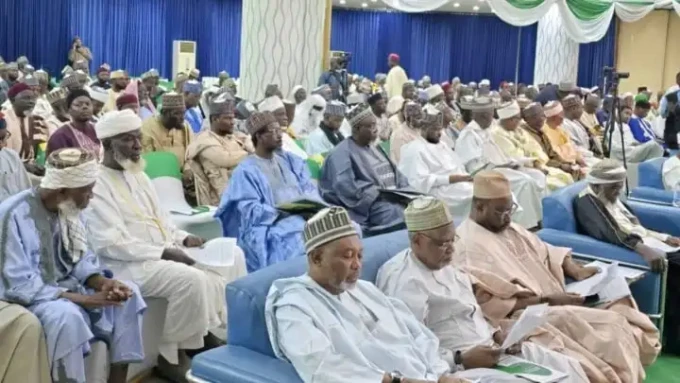In the first six weeks of 2025, Nigeria has witnessed a harrowing toll of violence, with no fewer than 805 lives lost due to various forms of insecurity and conflict across the nation. This figure includes 28 soldiers, five police officers, and one official from the Economic and Financial Crimes Commission (EFCC), as reported by the Nigeria Insecurity Tracker (NIT) compiled by Dataxpat.com. The NIT’s efforts to document these incidents are based on a thorough weekly survey of media reports, capturing the extent of violence related to political, economic, and social grievances.
The reported death toll might still be an underestimation, as many incidents go unreported or under-reported, and victims kidnapped and subsequently killed in captivity are often not included in these statistics. The military, in its operations during this period, claims to have neutralized 358 terrorists and apprehended 431 suspects, indicating active engagement against the insurgent threats. However, despite these efforts, the persistent violence suggests that the fight against insecurity remains a formidable challenge.
A timeline of these tragic events reveals the widespread nature of the violence:
January 1: Incidents ranged from familial murders over theft in Imo State to the assassination of a former federal controller in Kwara State.
January 2-4: Clashes, attacks by bandits, and military engagements in various states like Osun, Kebbi, Kogi, and Borno highlighted the spread of violence across different fronts.
January 5-7: Notable events included mass killings in Imo, cult clashes in Ondo, and military operations against Boko Haram, alongside vigilante and community watch corps attacks.
January 8-11: The violence continued with cultist invasions in Bayelsa, ritual killings in Delta, and significant military operations leading to the neutralization of terrorists but also the accidental killing of civilians by airstrikes.
January 12-14: The focus was on Boko Haram attacks in Borno, local clashes in Ondo, and operations leading to the rescue of hostages.
January 15-19: The period was marked by cult-related killings, military success against terrorists, and the tragic loss of an EFCC officer in the line of duty.
January 20-22: Included significant military actions, local conflicts, and the unfortunate death of an NYSC member due to violence.
January 24-31: The month ended with more attacks, kidnappings, and military operations, underscoring the relentless nature of the security crisis.
The violence did not abate in February, with continued attacks, kidnappings, and conflicts, including the assassination of security personnel, political figures, and civilians caught in the crossfire or targeted for personal or communal reasons.
Despite the grim statistics, there’s a comparative analysis suggesting some progress. The 805 deaths in the first six weeks of 2025 are fewer than the 1,525 recorded in the same period of 2021, indicating that perhaps, the measures against insecurity are starting to show some effect. However, this decrease does little to mitigate the ongoing human tragedy and the profound impact on communities across Nigeria.
The situation raises questions about the effectiveness of current security strategies and the need for more coordinated, intelligence-driven responses. It also highlights the socio-political undercurrents that fuel such violence, including economic disparities, political instability, and ethnic tensions. The involvement of international aid, like USAID, in potentially funding terrorist groups (as claimed by U.S. lawmaker Scott Perry), adds another layer of complexity to the security discourse, suggesting a need for tighter control over foreign aid and a more transparent approach to its distribution.
As Nigeria moves forward, the necessity for a multi-faceted approach involving not just military might but also social, economic, and political reforms becomes increasingly evident. The goal would be to address not only the symptoms but the root causes of this persistent insecurity, aiming to safeguard the lives and futures of its citizens.












Leave a comment